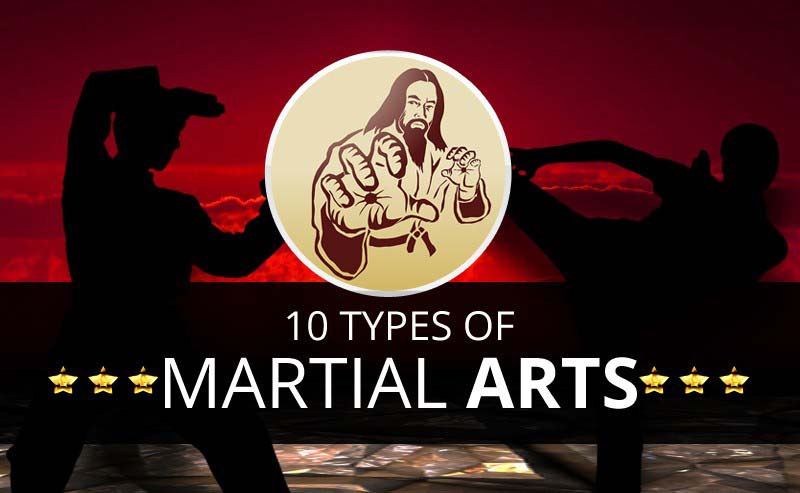The History And Philosophy Of Fighting Style: A Deep Dive
The History And Philosophy Of Fighting Style: A Deep Dive
Blog Article
Post Author-Barber Mcintyre
Step into the old globe where martial arts were born out of necessity in varied regions. Cultures crafted special combating styles intertwined with historic contexts. global martial arts ch 35 advanced over centuries through committed method and cultural exchanges. Today, contemporary martial arts mix typical components for maximum effectiveness. Philosophically, martial arts emphasize technique, self-improvement, and harmony. Respect, humbleness, and balance are fundamental principles guiding specialists towards growth and strength. Check out the depths of this abundant history and ideology to discover the extensive influences shaping this enduring discipline.
Origins of Fighting Style
Fighting style originated in numerous regions worldwide, advancing as sensible fight systems to defend against threats. These old combating designs were developed out of necessity, with each culture crafting techniques matched to their distinct environments and challenges. From the grappling arts of Jujutsu in Japan to the striking strategies of Kung Fu in China, martial arts were deeply linked with the historical, social, and cultural material of their corresponding cultures.
In Japan, the samurai class refined martial arts like Kenjutsu, the art of the sword, which later progressed into the more promoted type of Kendo. At the same time, in Brazil, Capoeira emerged as a blend of dancing and battle, developed by enslaved Africans as a means to resist oppression. Each martial art carries with it a rich background and philosophy, reflecting the worths and beliefs of the people who practiced them.
As you explore the origins of martial arts, you reveal a tapestry of human resourcefulness, strength, and the stubborn spirit of warriors throughout time.
Development of Strategies
With centuries of method and refinement, battle techniques within various martial arts have undertaken an extensive evolution. From old styles like Kung Fu and Martial arts to extra contemporary techniques such as Brazilian Jiu-Jitsu and Krav Maga, the advancement of methods has actually been driven by a mix of social impacts, practical applications, and technological advancements.
One significant aspect of this advancement is the cross-pollination of techniques in between different martial arts. As an example, methods from conventional Japanese Jiu-Jitsu were included into the creation of Judo by Jigoro Kano in the late 19th century. This mixing of designs has caused the development of hybrid martial arts like Mixed Martial Arts (MIXED MARTIAL ARTS), which combine components of striking, grappling, and entry strategies.
Moreover, the advancement of strategies has actually been formed by the raising focus on performance and performance in fight. Specialists have continuously sought to fine-tune their techniques with rigorous training, testing, and competitors, bring about the advancement of extremely specialized and reliable combating designs. In general, the development of techniques in martial arts shows the vibrant nature of fight and the recurring pursuit for improvement and technology.
Philosophical Foundations
Discovering the underlying thoughtful concepts of martial arts gives understanding into their core worths and assisting ideas. At https://damienpcpzm.digitollblog.com/26362405/increase-your-self-confidence-with-self-defense-classes-equip-yourself of many martial arts disciplines is the concept of discipline itself. By educating https://selfdefensemoveseverywoma66776.blogoxo.com/26622323/discover-the-power-of-inclusive-self-defense-courses-customized-for-people-with-impairments and mind to act as one cohesive unit, you cultivate discipline that prolongs beyond the dojo or health club into daily life. This self-control encompasses regard, humbleness, and self-constraint, shaping not just your physical capabilities yet likewise your character.
Another fundamental philosophical structure in martial arts is the idea of constant self-improvement. The trip of grasping a fighting style is nonstop, with practitioners constantly making every effort to better themselves, both physically and emotionally. This focus on development cultivates durability, willpower, and a development frame of mind that can be applied to all elements of life.
In addition, martial arts highlight the significance of harmony and balance. Strategies are created to use a challenger's power versus them, highlighting the principle of yielding and redirecting force instead of satisfying it head-on. This viewpoint extends to interpersonal connections, promoting relaxed resolutions and good understanding. By embracing these philosophical foundations, martial musicians not only boost their combat skills however additionally cultivate a lifestyle fixated personal growth, regard, and consistency.
Conclusion
Finally, the history and ideology of martial arts provide a rich tapestry of practice, discipline, and self-improvement.
Take for just click the following web page of Bruce Lee, that changed martial arts by blending different designs and ideologies to develop his very own one-of-a-kind type of Jeet Kune Do.
With commitment and innovation, martial artists continue to press limits and influence others to reach their full possibility both in combat and in life.
